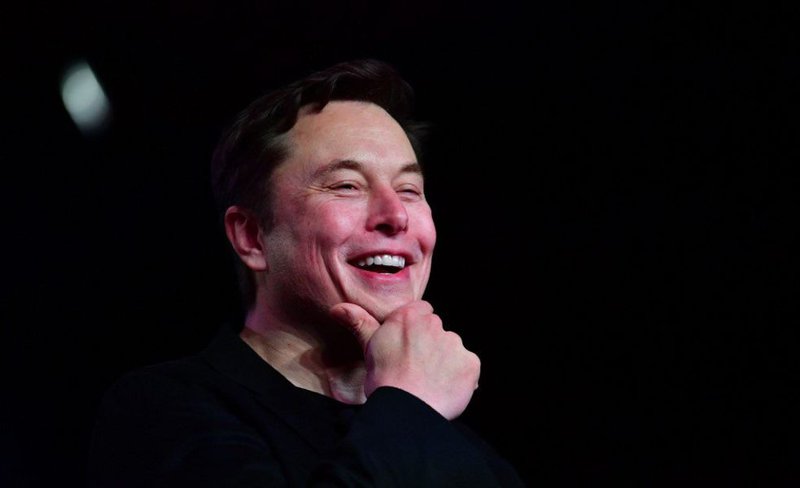Musk's free speech absolutism 'a fantasy'
Updated | By AFP
The limits of Elon Musk's self-professed "free speech
absolutism" were laid bare, critics said, by his decision to ban rapper
Kanye West from Twitter over his latest anti-Semitic outburst.

Musk claims to be engaged in "a battle for the future of civilisation.
"If free speech is lost even in America, tyranny is all that lies ahead," he tweeted last week.
In practice, this has meant gutting his team of moderators and reinstating controversial figures such as Donald Trump, who was banned for inciting violence with his false claims about election fraud.
Nevertheless, Musk's claim to be a free-speech absolutist -- including a mooted "general amnesty" for suspended accounts -- was always going to struggle to survive the clash with reality, and particularly the clash with West (officially known as Ye), who has mounted an increasingly vociferous campaign of anti-Semitic outbursts in recent weeks.
The final straw for Musk was West's tweet showing a Nazi swastika interlaced with a Star of David.
It followed an interview with conspiracy theorist Alex Jones, in which he declared his "love" of the Nazis and admiration for Adolf Hitler.
- 'Half-baked' philosophy -
"The problem is that Elon Musk has a half-baked free speech philosophy," said Jacob Mchangama, author of "Free Speech: A History From Socrates to Social Media".
"Sometimes he talks about total freedom of speech, sometimes about respecting the law. But of course laws are very different around the world where Twitter is present.
"Some of the things (West) has said would arguably be punishable in court in Europe, especially in France."
Musk's takeover led to an immediate spike in hate content -- up 25 to 30 percent, according to Bodyguard, which works to protect individuals from online attacks.
The numbers have fallen since, but remain 10-15 percent above long-run levels, founder Charles Cohen told AFP. Musk's vision of free speech was "not technically, economically or ethically viable", he added.
And while West's tweets might have been policed by the boss himself, Asma Mhalla, of Sciences Po university in Paris, argued: "The industrial-level moderation needed for the network is now completely lacking."
Few believe total freedom of speech is possible for a private platform that relies on advertising.
- Absolutism 'fantasy' -
"So-called free-speech absolutism is just a fantasy," said influential podcaster Sam Harris earlier this week on his "Making Sense" show. "Almost no one really holds that position even when they espouse it."
Some level of content moderation was needed to stop platforms turning into "a digital sewer", he said.
"Contrary to what most people think, it's legal to shout 'fire' in a crowded theatre -- but wouldn't we want the owner of that theatre to remove someone who was shouting that over and over again?" Harris said.
Mchangama said he did not believe West's comments actually amounted to inciting violence, not least because the rapper has a well-documented history of mental illness that appears to be fuelling his erratic behaviour.
"He seems profoundly disturbed rather than trying to organise violence against Jews," Mchangama said.
He would also like to see more creative solutions.
"The best way forward is to empower users to filter more of what they don't like rather than have governments or big tech make these decisions at a centralised level," he said.
"You can't have free speech absolutism... but you should err on the side of free speech and there are ways that Musk could have done it.
"But he's been chaotic and has not made a persuasive case for the sceptics."

MORE ON ECR
Show's Stories
-
Parents share school holiday dilemmas online
It's only the end of week one of the July school holidays, and parents a...
Carol Ofori 42 minutes ago -
Tips to WIN Darren Maule’s Quick Quiz
Darren Maule’s Quick Quiz is the easiest way to win BIG CASH! Just answe...
East Coast Breakfast 50 minutes ago